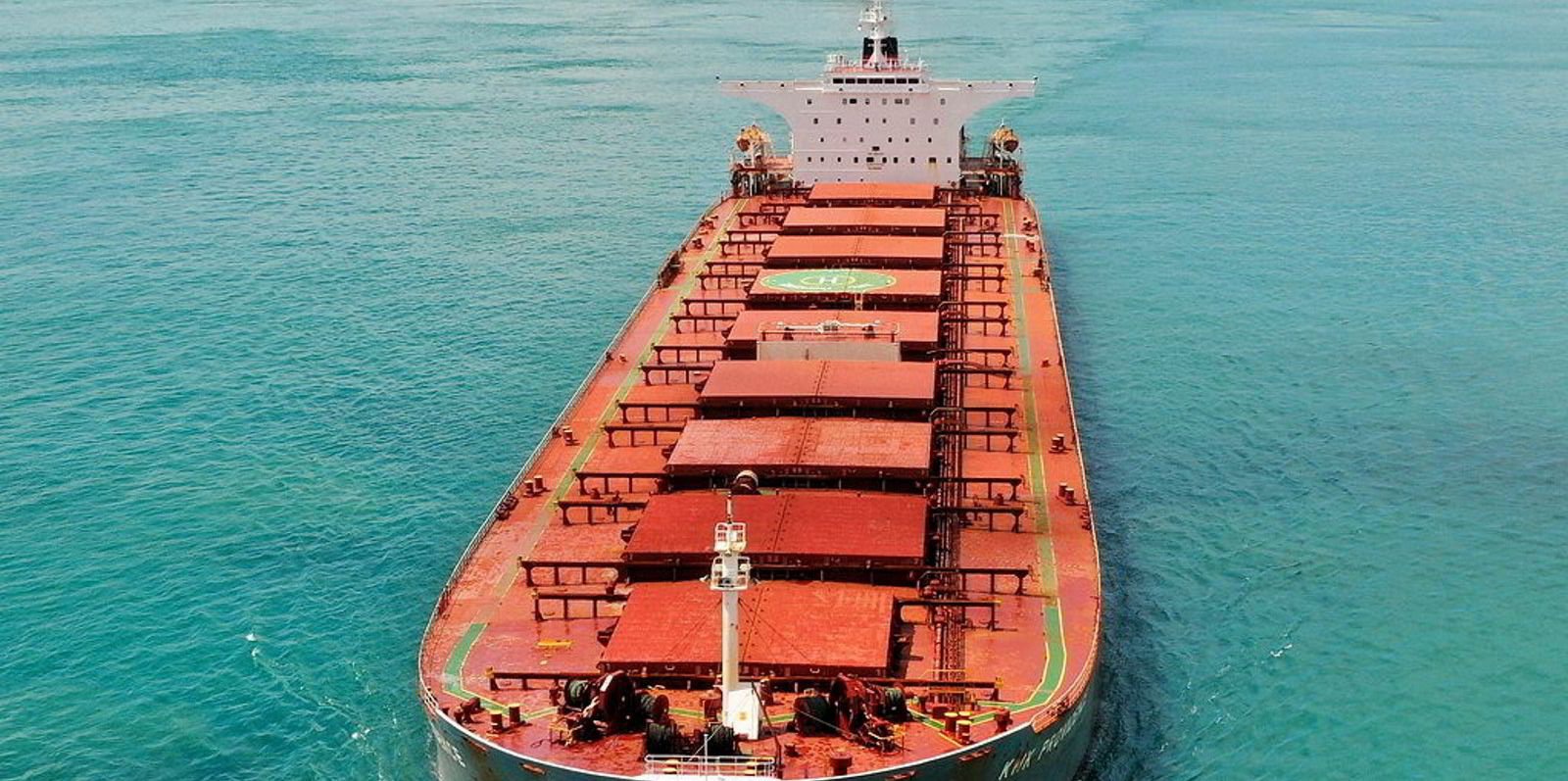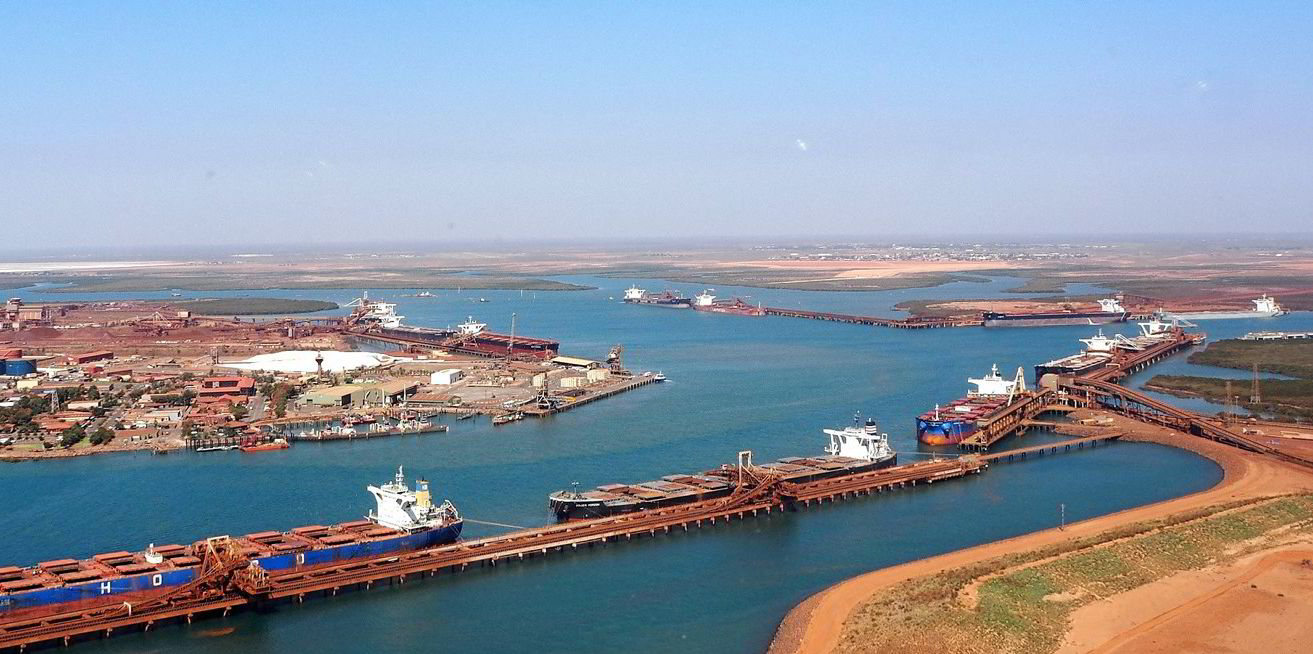The dry bulk spot market declined steadily this week, in great part due to dropping rates for capesizes sailing from Brazil to China amid limited activity.
Freight rates for trips from Brazil to China on the C3 route slid to $25.95 per tonne, a 15.7% decline over the week, Baltic Exchange data showed.
Spot earnings for the roundtrip voyage came in at $13,145 per day on Friday, a 29.3% slump over the period.
Vale hired an unnamed capesize to carry 170,000 tonnes of iron ore from Tubarao, Brazil, to Qingdao, China, on Thursday at $25.60 per tonne.
The iron ore giant had fixed another unnamed capesize on Wednesday to ship the same amount of ore on the same route at $0.50 more per tonne.
Both ships are set to be loaded from 18 to 25 August.
“Limited activity surfaced from the North Atlantic region as both fronthaul and transatlantic cargoes appeared lacking,” Baltic Exchange analysts wrote in their weekly wrapup.
“The capesize market lost ground throughout the week with the average of the five time-charter routes trending down.”
The Baltic Dry Index (BDI) slid 11.7% over the past week to reach 1,895 points on Friday, a day after the index fell below 2,000 points for the first time in five months.
The Capesize 5TC, a spot-rate average across five key routes, played a major factor in the drop as it slid to $17,255 per day on Friday, a 22.8% slump over seven days.
The C16 backhaul trade from Asia to the Atlantic also declined markedly over the week, cascading 114% to -$472 per day.
“The route index finally dropped into negative territory,” the analysts said.
“It was the first time since the end of February that the revised backhaul run fallen below $0. “In contrast to the current negative sentiment, the peak of the year for the route was in May at over $30,000 per day.”
Spot rates for smaller ships fared better.
The Supramax 7TC slipped 3.7% over the period to hit $22,032 per day on Friday, while the panamax 5TC slid only 2% to $18,463 per day.





